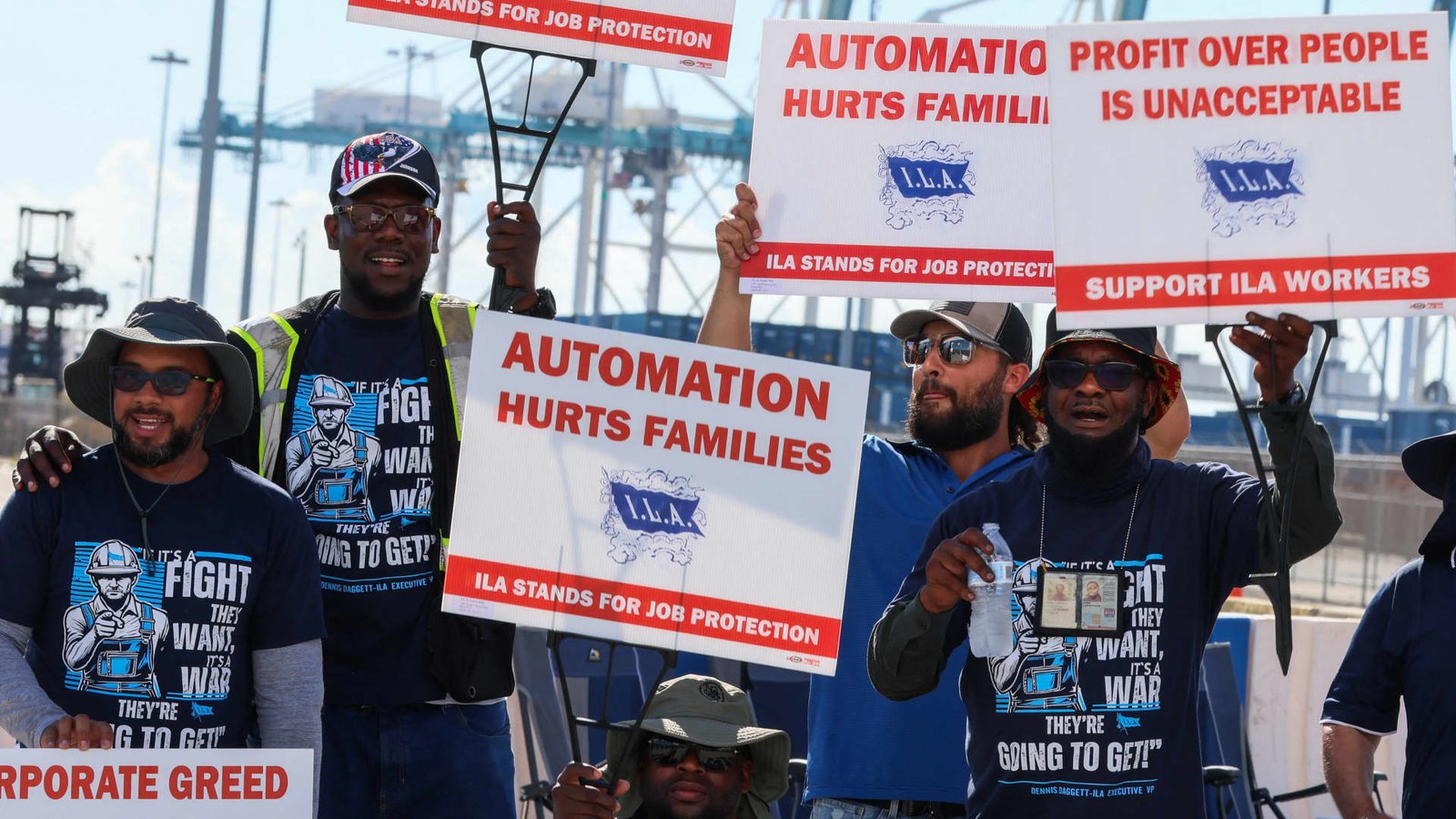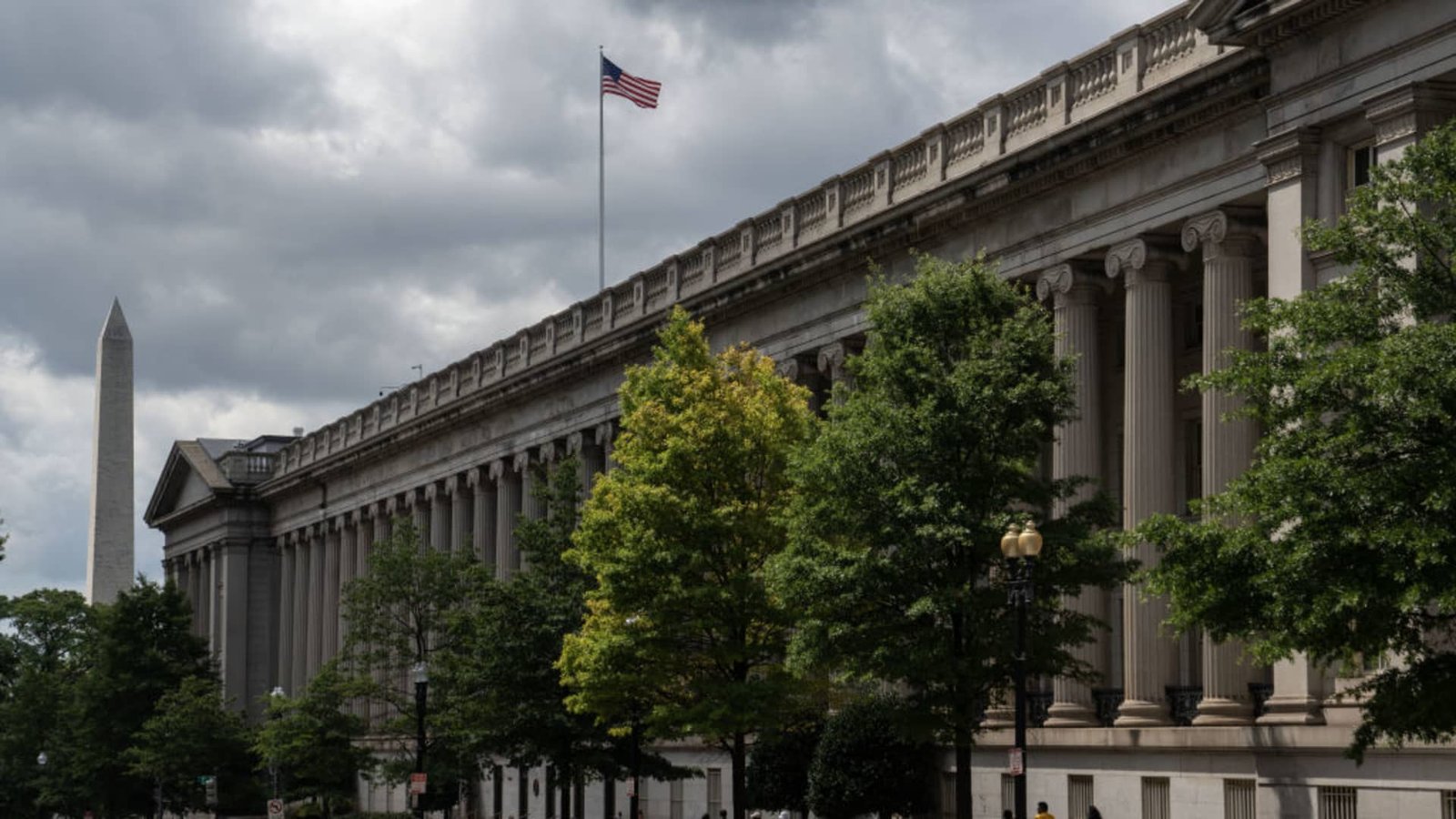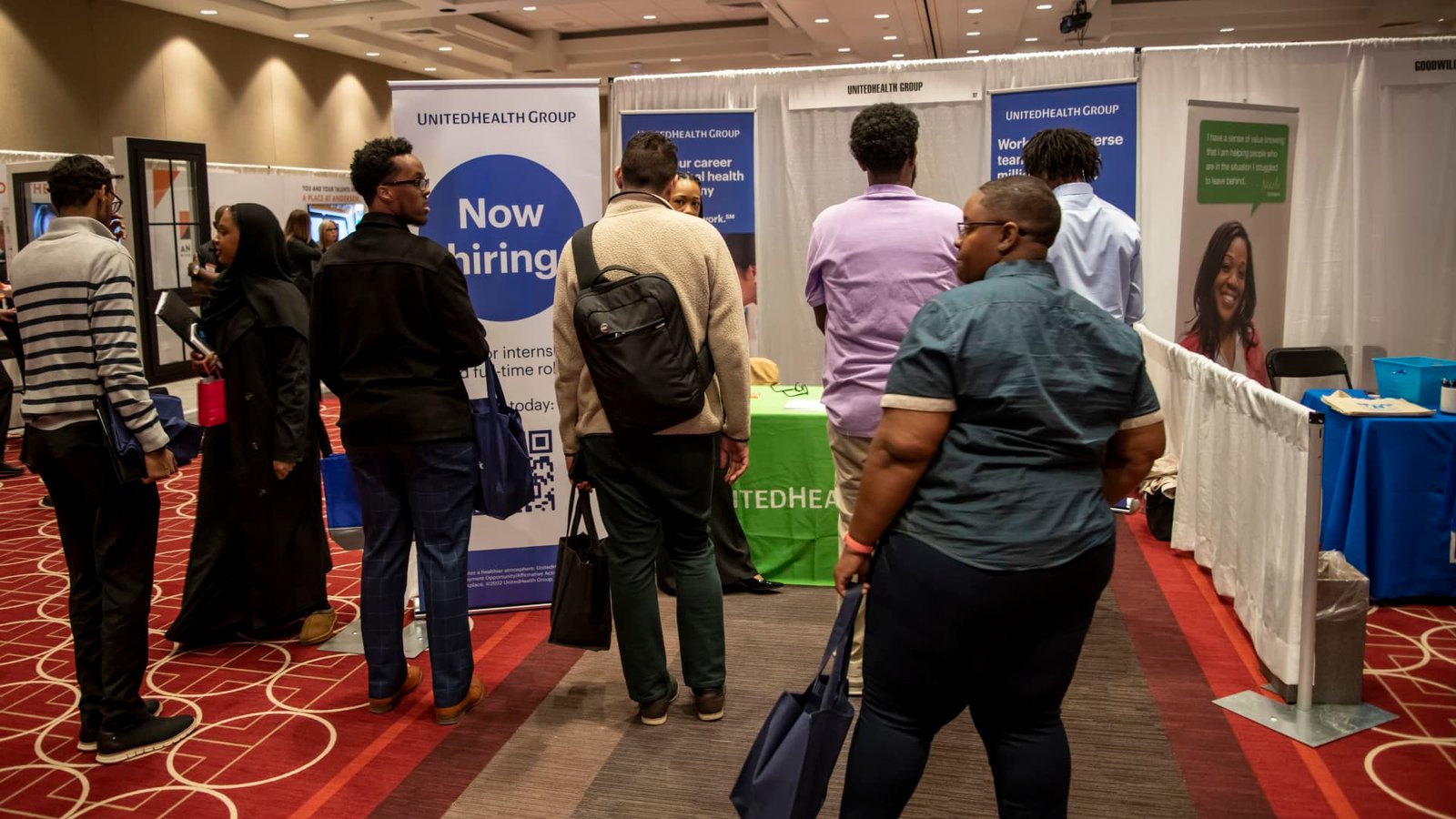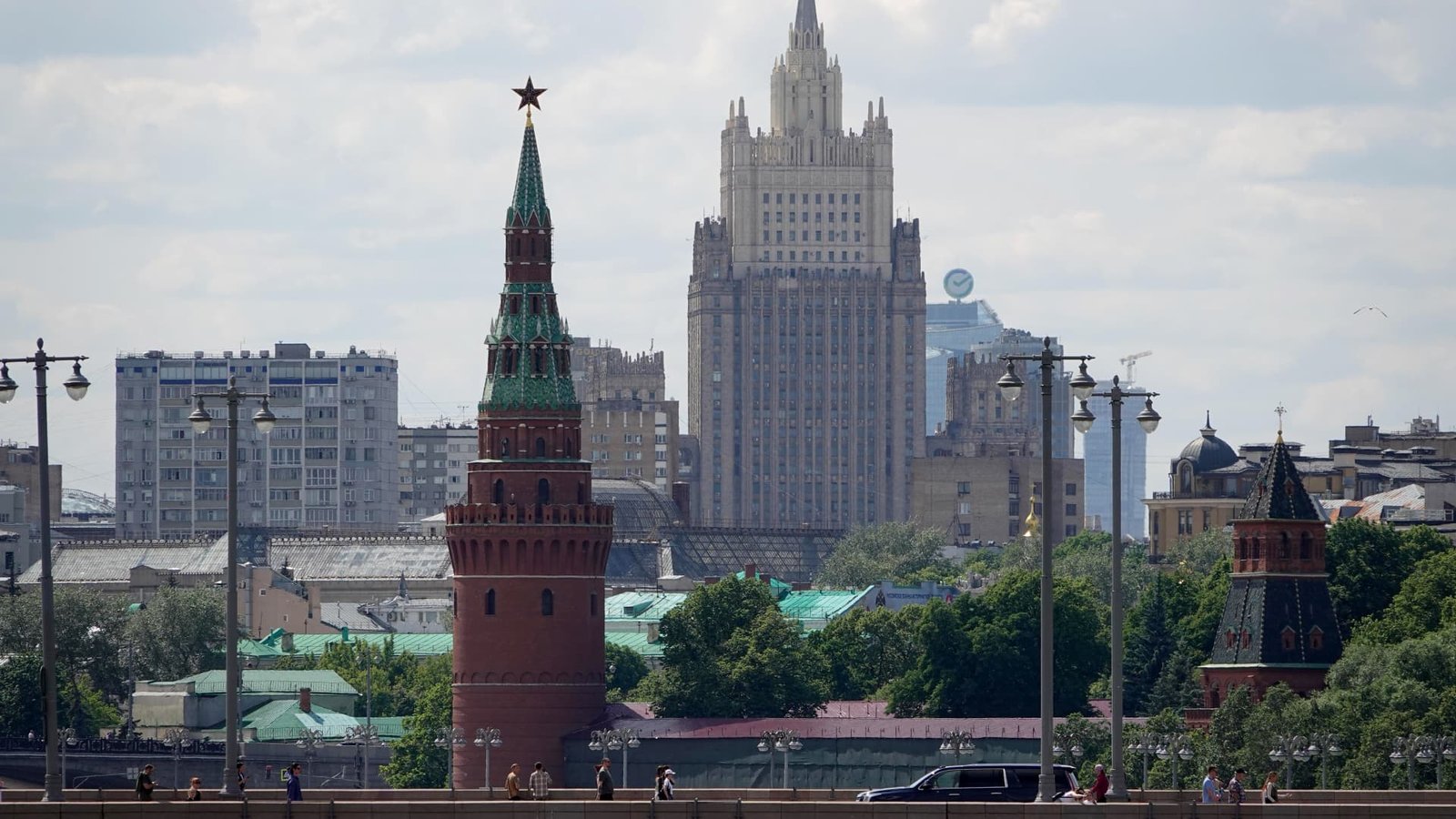A potential strike affecting ports along the East and Gulf coasts could lead to increased prices for various consumer goods, such as food and autos. However, the broader impacts are expected to be modest as long as the strike does not persist for an extended period. Manufacturers of items ranging from trucks to toys are facing challenges due to the stoppage called by the International Longshoremen’s Association at major Eastern container and cargo ports.
The duration of the strike will determine its overall impact. President Joe Biden has the authority, under the Taft-Hartley Act, to intervene and order an 80-day cooling-off period to temporarily halt the stoppage. However, it is uncertain whether he will exercise this power. Negotiators for the union and the U.S. Maritime Alliance are tasked with avoiding prolonged disruptions that could further strain the U.S. economy, especially as the critical holiday shipping season approaches.
According to RSM’s chief economist, Joseph Brusuelas, a labor action by port workers could result in a slight decrease in GDP, with a weekly impact of just over 0.1 percentage point and $4.3 billion in lost imports and exports. Despite this, the strike is not expected to significantly alter the current growth trajectory of the U.S. economy, which has been steadily expanding over the past two years.
While the U.S. economy has been resilient, a prolonged work stoppage could pose a threat. Various industries, including coal, energy, and agriculture, could be significantly affected. The costs of the strike would escalate over time, leading to shortages of certain products and potential price increases for manufactured goods like autos.
There are some mitigating factors that could lessen the impact of the strike. West Coast ports may absorb some of the diverted freight traffic, and some companies have already stockpiled goods in anticipation of the stoppage. Additionally, supply chain disruptions, which were prevalent during the pandemic, have eased and are currently below pre-Covid levels.
Despite concerns about economic repercussions, some analysts believe that the fears may be overstated. Producers have become more cautious in managing inventories due to previous supply chain disruptions, potentially minimizing the effects of a strike. There is speculation that the White House may intervene to invoke a cooling-off period to prevent prolonged disruptions.
The strike could complicate the Federal Reserve’s decision-making process, particularly regarding interest rate adjustments. The upcoming jobs report and the looming presidential election add further complexity to the economic landscape. The strike’s impact on inflation and supply chains could influence the Fed’s future policy decisions, as it aims to navigate through uncertain economic conditions.




